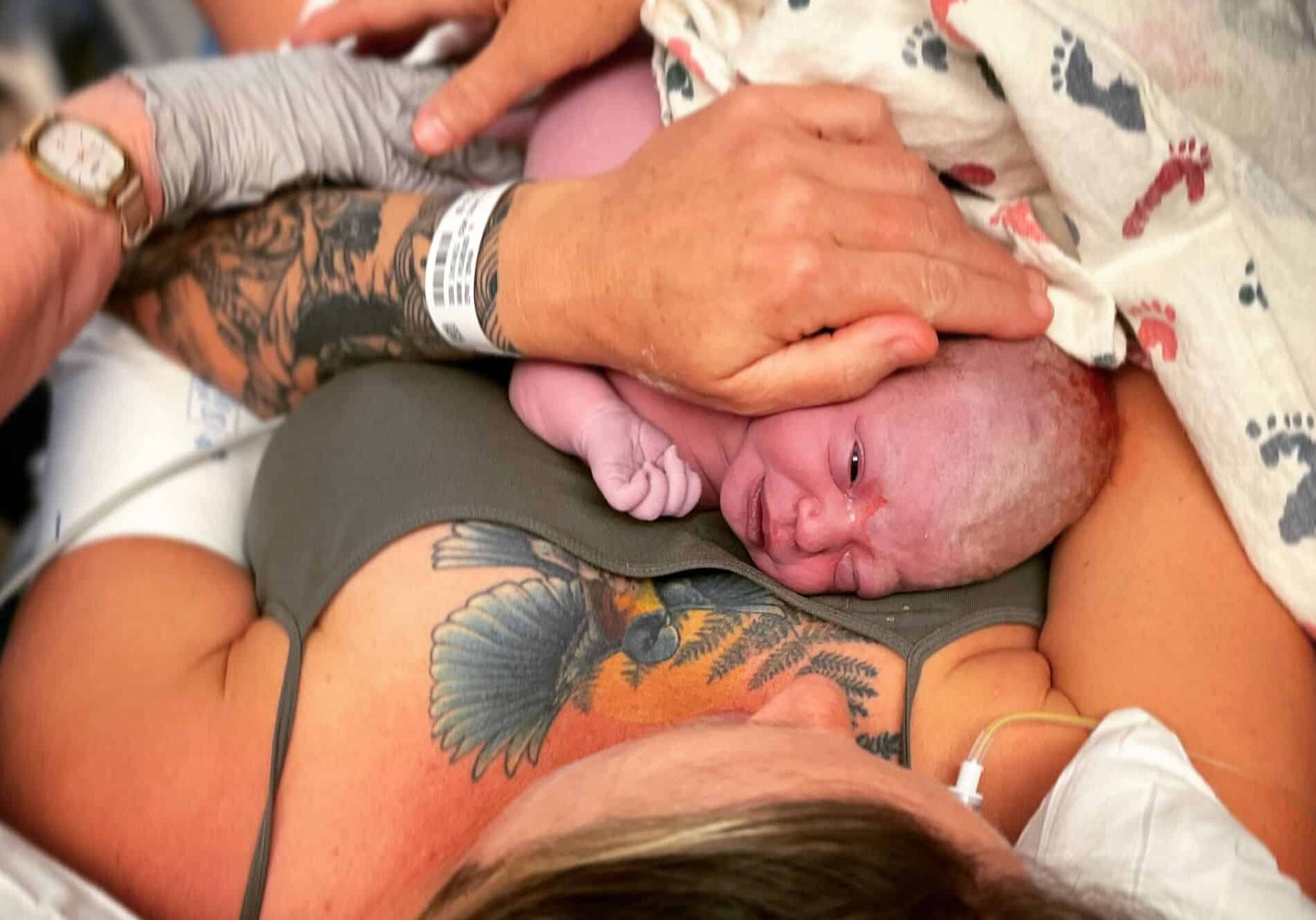The Blog:
Doula Wisdom + Tips

Gentle Cesarean vs Traditional Cesarean
What’s the difference, and where does a doula fit in? Birth does not always go the way we picture it. Sometimes a cesarean is planned from the start, and sometimes it becomes the safest option in the middle of labor. Either way, how a cesarean is done can shape how a family feels about their birth for years. You may…



























